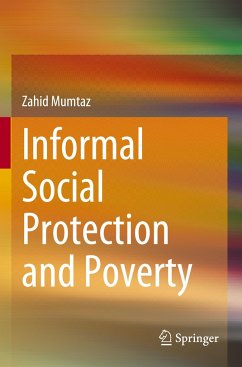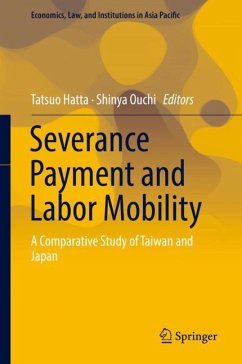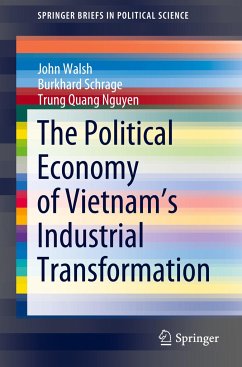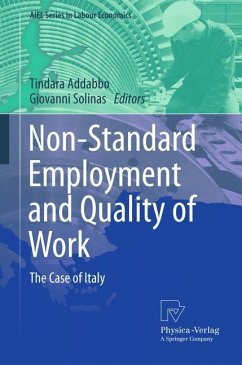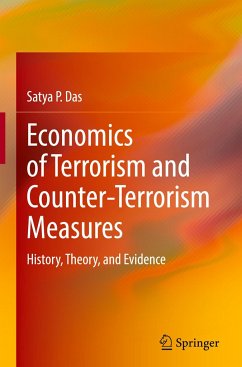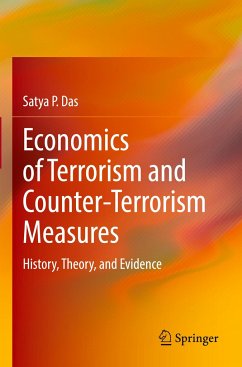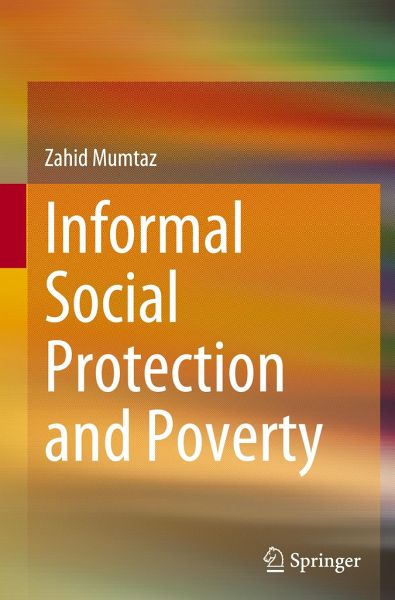
Informal Social Protection and Poverty
Versandkostenfrei!
Versandfertig in 6-10 Tagen
76,99 €
inkl. MwSt.
Weitere Ausgaben:

PAYBACK Punkte
38 °P sammeln!
This book analyzes the importance of informal social protection provided by religious institutions such as madrassas in a low-income country such as Pakistan. This book explains that Madrassas are religious schools that have existed in many Muslim countries for centuries and contributed significantly to preserving, forming, and extending human knowledge in medieval times. Further, madrassas are now more commonly viewed as the providers of a narrow education, supporting religious fundamentalism, that may lead to terrorism. However, this book asserts that education is not the only function perfo...
This book analyzes the importance of informal social protection provided by religious institutions such as madrassas in a low-income country such as Pakistan. This book explains that Madrassas are religious schools that have existed in many Muslim countries for centuries and contributed significantly to preserving, forming, and extending human knowledge in medieval times. Further, madrassas are now more commonly viewed as the providers of a narrow education, supporting religious fundamentalism, that may lead to terrorism. However, this book asserts that education is not the only function performed by madrassas. They are a significant source of welfare support for the vulnerable and marginalized households in many low-income countries.
This book helps the readers to understand the concept of informal social protection not conceptualized previously. In addition, its various attributes and institutions providing such a form of welfare worldwide are explained indetail; analyzing the usefulness of such a form of social protection would benefit readers of social policy, national governments, and international donor/aid agencies. This book also provides a prescriptive framework for integrating formal and informal social protection.
This book provides a new "Multiple Regime Framework", for identifying various regimes in one country at one point in time by applying a novel data collection and analysis methodology. The application of this framework would be of particular interest to social policy scholars, national governments, and donor/aid agencies because it will result in better targeting of social protection policies in the wake of fiscal constraints. Lastly, this book provides a novel data collection and analysis strategy that will benefit the reader of research methodology, development consultants, donor agencies, and policy practitioners interested in using artificial intelligence to make informed and targetedpolicy decisions.
This book helps the readers to understand the concept of informal social protection not conceptualized previously. In addition, its various attributes and institutions providing such a form of welfare worldwide are explained indetail; analyzing the usefulness of such a form of social protection would benefit readers of social policy, national governments, and international donor/aid agencies. This book also provides a prescriptive framework for integrating formal and informal social protection.
This book provides a new "Multiple Regime Framework", for identifying various regimes in one country at one point in time by applying a novel data collection and analysis methodology. The application of this framework would be of particular interest to social policy scholars, national governments, and donor/aid agencies because it will result in better targeting of social protection policies in the wake of fiscal constraints. Lastly, this book provides a novel data collection and analysis strategy that will benefit the reader of research methodology, development consultants, donor agencies, and policy practitioners interested in using artificial intelligence to make informed and targetedpolicy decisions.





